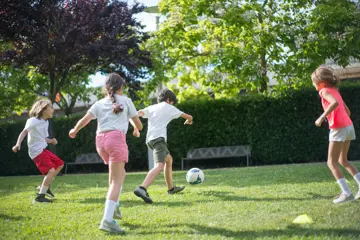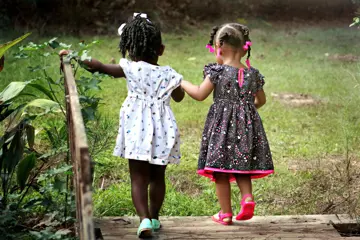The term 'contact' is used within fostering legislation when discussing arrangements for foster children to spend time with their family or friends, and so is often used by social workers or fostering agencies.
However, recent research that spoke to care experienced children and young people found that many would prefer that the term 'family time' or 'time spent with family and friends' was used instead.
All children are individuals and may have their own preferences and so, if appropriate, speak with the children in your home about how they would like to describe these visits.








